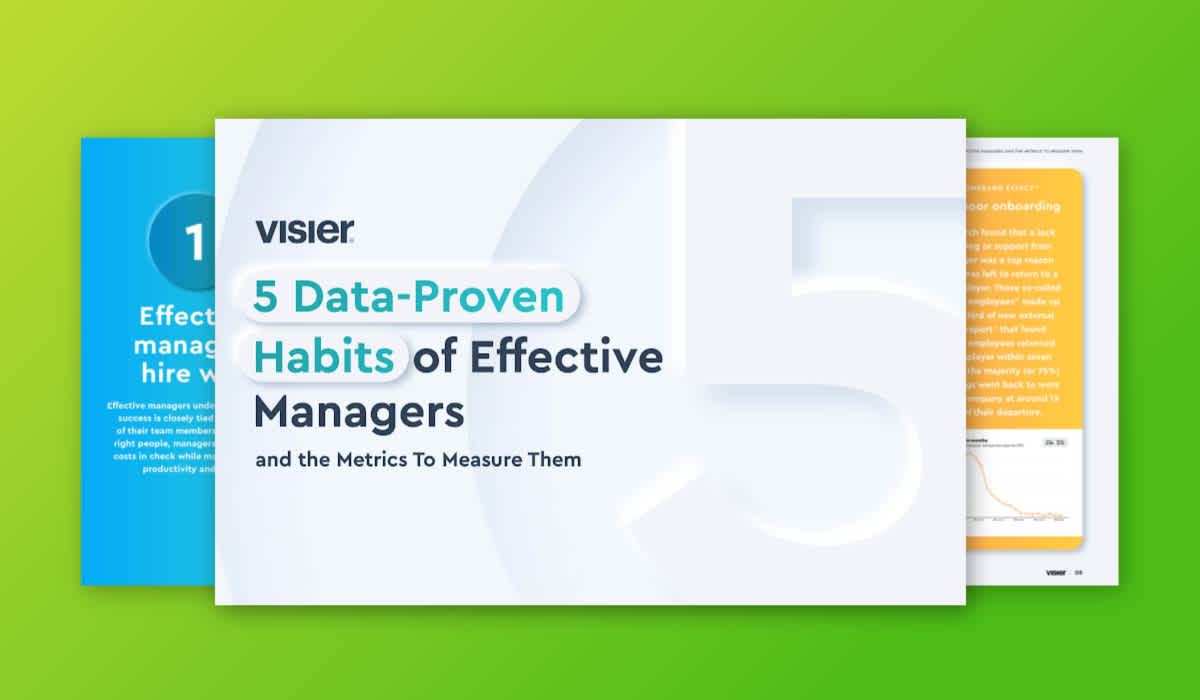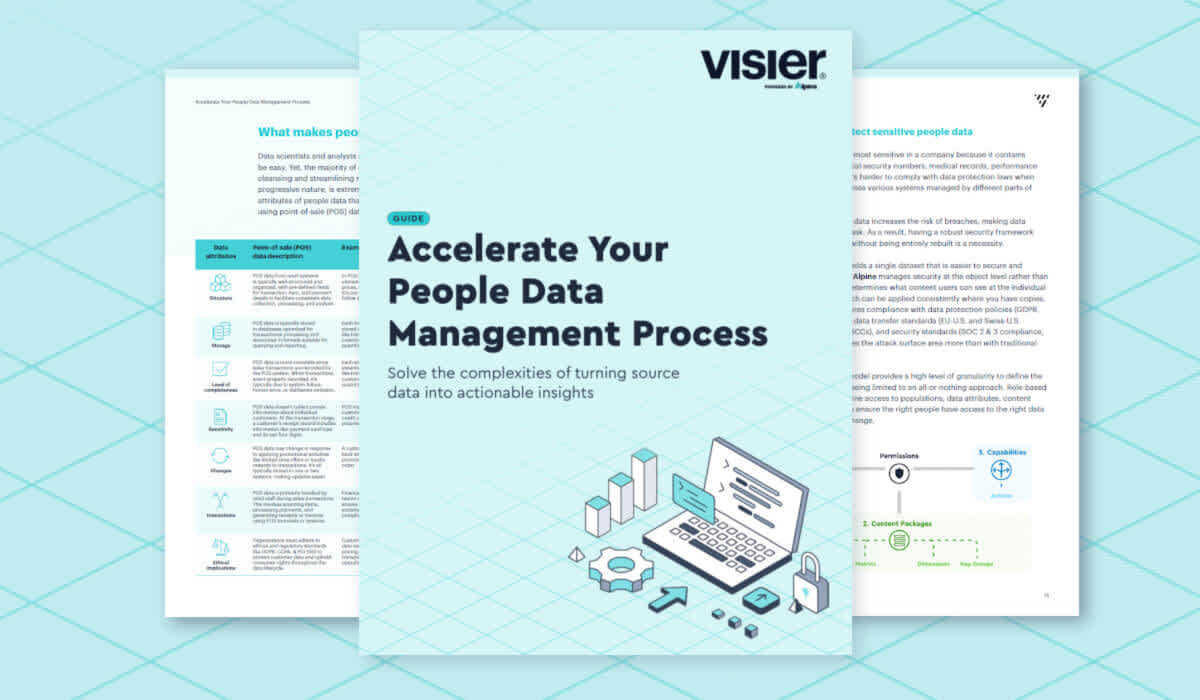What Is Psychological Safety?
What is psychological safety and how does it apply to work?

What is psychological safety?
Psychological safety is a desired state where employees feel safe in their work environment and believe that they will not be punished or sanctioned for opening and honestly sharing their thoughts and opinions.
In addition, psychological safety also means that employees should work in an environment that is free from harassment.
The importance of psychological safety
Most employees spend at least eight hours a day working. While many are now working in hybrid or remote environments, psychological safety is equally as important when working remotely as when working shoulder to shoulder with colleagues. In fact, there have been reports that harassment has actually increased in the remote environment.
Employees who feel safe at work will be more engaged, more productive, and more loyal to the organizations they work for. That’s always been important, of course. In a tight labor economy, though, it’s even more important.
Ensuring a psychologically safe environment
Everyone in the organization is responsible for psychological safety but the culture starts at the top of the organizations. Senior leaders need to clearly articulate their commitment to create a psychologically safe environment, aided by the HR team and all managers and supervisors in the organization. Their behaviors are observed and modeled by others.
Four stages of psychological safety
Dr. Timothy Clark, the author of The 4 Stages of Psychological Safety: Defining the Path to Inclusion and Innovation, suggests that employees progress through four stages before they feel free to both make meaningful contributions and to challenges issues or decisions they may not agree with. These include:
Stage 1 – Inclusion Safety. Satisfying the need to connect and belong.
Stage 2 – Learner Safety. Satisfying the need to learn and grow.
Stage 3 – Contributor Safety. Satisfying the need to make a difference.
Stage 4 – Challenger Safety. Satisfying the need to make things better.
Creating an environment where employees feel free to be their true selves and to take risks in an environment where they are free from censure and harassment can help organizations boost creativity and innovation while minimizing turnover and boosting engagement and productivity.
Get the Outsmart newsletter
You can unsubscribe at any time. For more information, check out Visier's Privacy Statement.


